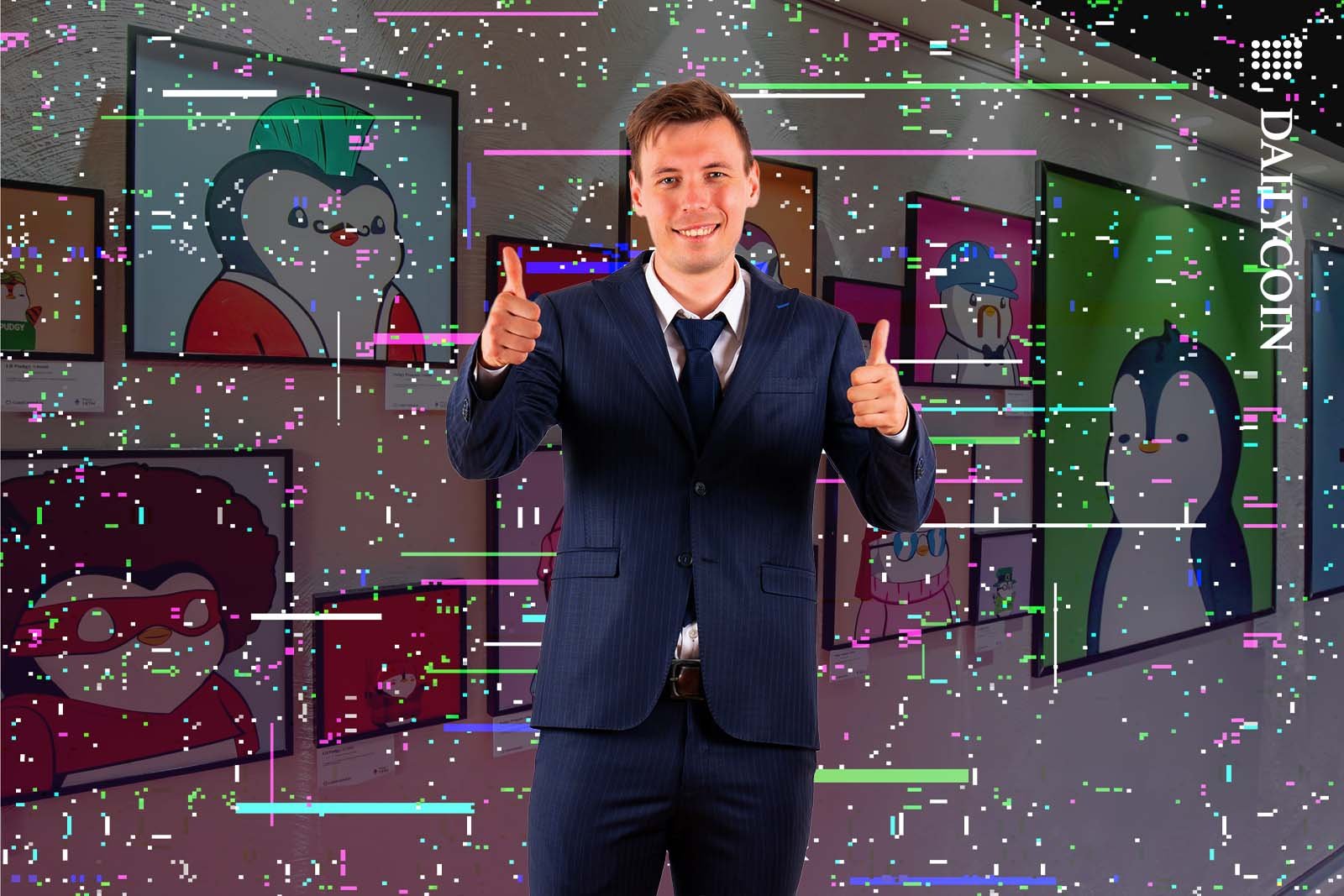
- US regulation around NFTs remains ambiguous, prompting a study by the government.
- The USPTO and Copyright Office conducted a comprehensive study, seeking feedback from US stakeholders.
- The study sheds light on stakeholders’ perspectives regarding the adequacy of current laws.
NFTs have forever changed how we perceive ownership and authenticity in the digital world. However, their meteoric rise has revealed a complex legal problem, particularly regarding copyright laws.
This is because many perceive NFTs as just another jpeg image; however, their unique nature, particularly their existence on a blockchain, challenges traditional copyright laws. As a result, the copyright framework surrounding NFTs remains in a gray area, raising concerns about ownership rights, transfer mechanisms, and more.
Still, despite this complexity, a new US government study concludes that the NFT industry doesn’t need new laws.
Copyright Laws Adequate For NFTs
The US Patent and Trademark Office (USPTO) and the US Copyright Office reaffirmed in a 112-page study that its current intellectual property laws adequately address copyright and trademark infringement concerns associated with NFTs.
Sponsored
The USPTO and Copyright Office concluded this after holding three public roundtables and soliciting comments from interested stakeholders. The offices found that most stakeholders were satisfied with current copyright laws despite the NFT industry’s plague of trademark misappropriation and infringement.
“The Offices agree with these assessments and do not believe that changes to intellectual property laws, or to the Offices’ registration and recordation practices, are necessary or advisable at this time,” the study read.
The stakeholders further opined that it’s not the right time for NFT-specific legislation because it could hinder the NFT industry’s growth. Instead, the study called to promote education initiatives to ensure greater awareness.
On the Flipside
- In 2023, the SEC charged Impact Theory, a California-based media firm, alleging that it had violated the Howey test by selling NFTs.
- A US District Judge recently ordered Ryder Ripps, the digital artist behind satirical BAYC duplicate, to pay Yuga Labs an eye-watering $9 million in profits disgorgement, penalties, legal fees, and additional expenses.
Why This Matters
The US government’s stance on NFT copyright laws carries substantial weight in shaping the legal and regulatory landscape of the NFT industry. Beyond that, it clarifies regulators’ approach to overseeing NFT projects and enforcing relevant laws.
Sponsored
When are ETH ETFs coming out?
SEC Chair Gensler Keeps Market Guessing on ETH ETF Approval
Read how Yuga Labs is enforcing NFT royalties:
